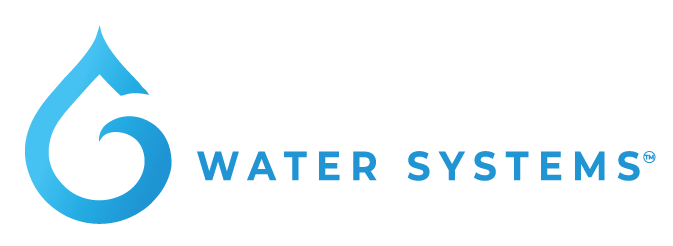Utah well water contaminants
Well Water Contaminants
Utah’s 1,850 drinking water sources come from either surface water (lakes, reservoirs, rivers) or ground water (wells or springs). In the more rural areas, private wells are the primary water source for homes and businesses. As a primary source, your well water quality is vital to the health of those in your household, including your pets! The U.S. EPA does not regulate or provide standards for individual private wells. But according to the Utah Public Health Laboratory your local health department may have requirements for your well water.
As a private well owner, you are responsible for the safety and quality of your well water. But many of our well water users aren’t aware of the most common contaminants in their water and how to properly treat their water to make it drinkable, healthy, and pure. We’ve researched the most common contaminants found in rural well water, including those from agricultural & livestock operations, industrial run-off, landfills, and urban waste.
“Viruses, protozoa, and bacteria can pollute both groundwater and surface water when rainfall decreases. People who get their drinking water from private wells may be at higher risk for drought-related infectious disease.”
Agricultural chemicals
Rural Utah is home to important agricultural and livestock operations, with crops and herds dotting the outskirts of the more populous cities. For those on private wells, proximity to these operations can cause potentially severe problems for water quality. Fertilizers and pesticides penetrate the soil and pollute groundwater sources. Unhealthy levels of nitrates and phosphates can pose serious health risks, especially to pregnant women, children and the elderly.
Landfills & sewage
Part of living in rural areas means you could be neighbors with landfills and sewer operations. Unfortunately, that could mean dangerous seepage which could be contaminating ground water sources. Contaminants could include bacteria and pathogens such as E. coli and parasites, some of which cause diseases and digestive problems such as diarrhea, nausea, and vomiting. A rotten-egg smell in your water or pipes is a sign of sulfur contamination that is common for well-water residents.
Industrial run-off
Another common issue for wells is the presence of heavy metals and trace elements. Often caused by industrial run-off or urban waste in the ground water, contaminants such as Radon, Lead, Arsenic, Boron, Chromium 6, and Iron can result in serious harm for pregnant women and young children. Water runs off from rainfall or snow-melt from these operations and can contaminate wells by washing dangerous microorganisms into the system or through underground seepage. Many of the contaminants from industrial run-off have proven to be cancer forming.
Longevity can test your well water
To meet minimum requirements for private well water, Utah residents can go to the Utah Public Health Laboratory site. Longevity Water Systems can come to your location and conduct a series of tests on your water to determine hardness levels, pH levels, contaminant levels, precipitation, bacteria presence, iron & sulfur levels, and more. Our consultants use the highest-quality lab tests and can deliver results and evaluations in real-time. Contact us today for your full water test!




